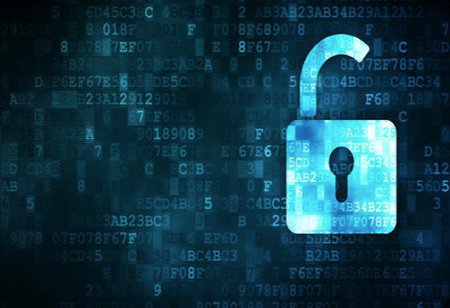New IT Rules 2021: Is It Something Users Should Be Worried About?
By Tanuja A Akkannavar
 The Information Technology (Intermediary Guidelines and Digital Media Ethics Code) Rules, 2021, were passed by the Central Government on February 25, 2021, imposing certain requirements on internet intermediaries, particularly social media platforms. Twitter and other social media firms have reportedly failed to meet their duties under the 2021 Rules. This has caused concern among users of such websites that they may be forced to shut down or be blacklisted in India as a result of their non-compliance.
The Information Technology (Intermediary Guidelines and Digital Media Ethics Code) Rules, 2021, were passed by the Central Government on February 25, 2021, imposing certain requirements on internet intermediaries, particularly social media platforms. Twitter and other social media firms have reportedly failed to meet their duties under the 2021 Rules. This has caused concern among users of such websites that they may be forced to shut down or be blacklisted in India as a result of their non-compliance.
Intermediaries on the internet serve a variety of purposes, including facilitating information exchange and online communication. Intermediaries are protected from liability for third-party data available on their platform or maintained by them under Section 79 of the Information Technology Act of 2000.
Section 79, also known as the safe harbor provision, allows intermediaries to operate freely without being obligated to review Content before it is published. The protection provided to intermediaries under Section 79, on the other hand, is conditional. One of the conditions outlined in Section 79 is that an intermediary must exercise due diligence in carrying out its responsibilities and follow the Central Government's directives in this regard.
IT Rules in 2011
Before the current 2021 guidelines, the 2011 Rules established the criteria of due diligence that intermediaries must follow. The 2011 Rules mandated intermediaries to publish rules and regulations, as well as privacy policies and user agreements, requiring each user to refrain from posting information that would violate any current law. These guidelines also obliged intermediaries to disable access to or remove illegal information whenever they had actual knowledge of it.
Following are some of the New IT Rules 2021
1. The new, stricter laws for tech firms mandate that they remove any content detected by authorities within 36 hours and establish a robust complaint redress system with a local officer.
2. Prominent technological businesses will be required to publish a monthly compliance report detailing complaints received and actions taken, as well as details of the information that has been proactively removed. They will also have to display a physical contact address in India on their website, mobile app, or both.
3. Companies would be required to remove posts depicting violence or modified photographs within 24 hours of receiving a complaint under the guidelines that would make internet titans more liable for the information housed on their platform.
4. If these platforms do not comply with the new IT requirements, they will lose their intermediate status, which protects them from liability for any third-party data they host. In other words, if complaints are made, they may face criminal charges.
5. The Indian government is seeking considerable social media gatekeepers to use AI technology to regulate online content, which they are currently attempting to do.
The government has stated that the new laws will not influence the popular free-messaging platform's usual operation, and the IT Ministry has stepped up the pressure on significantly major social media businesses, requesting that they report on their compliance with the newly implemented standards.
What Happens if the Rules are Violated?
If an intermediary violates any of the rules outlined in Rule 7 of the 2021 Rules, it loses the protection provided by Section 79 of the Information Technology Act. Simply put, this means that an intermediary, such as Facebook or Twitter, could be held liable if a third-party user posts illegal content on their services. In the absence of the protection granted by Section 79, if publishing of such information constitutes an offence, the intermediaries hosting such information would likewise be punished under the relevant law. As a result, non-compliance with the 2021 Rules could result in considerable liability for the intermediaries. They are unlikely to be barred from functioning in India as a result of their noncompliance.
However, it may make their business unviable because they will be expected to proactively monitor content submitted on their platform to avoid responsibility. Only time will tell which path these mediators will take. In the meantime, one can only hope that, for the sake of the millions of people who use these platforms, the 2021 Rules will have no impact on how they work.




